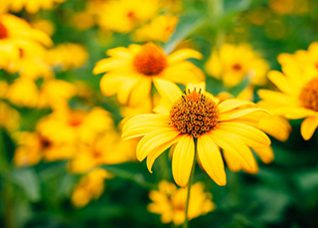
MinerAlert

MinerAlert
Arnica montana
European arnica, Leopard’s bane, Árnica europea.

Principally the flowers, although the leaves and root are sometimes employed in traditional medicine.
The most common form of usage is as an ointment for external application, although teas, capsules, tablets, and homeopathic preparations are also available in commerce.
Various products (usually ointments) made from this plant are used to treat bruises, sprains, rheumatism, varicose veins and diverse skin infections due to bacteria and fungi (molds). The compounds contained in this plant have mild anti-inflammatory, analgesic, and antiseptic actions. In traditional medicine, arnica teas have been taken internally for the treatment of various disorders including stomach ailments and fever. Internal use of this plant is no longer recommended in modern phytotherapy (science-based herbalism). Arnica preparations are also used as mouthwashes and gargles for gum and throat infections. These preparations should not be swallowed.
Safety/Precautions:
Before you decide to take any medicinal herb or herbal supplement, be sure to consult with your health care professional first. Avoid self-diagnosis and self-medication: Always be on the safe side!